Розширений варіант (за сприяння Комісії Мирян при Чикагській єпархії Св. о. Миколая)
Частина 2 – Під час Богослужіння
Свята Літургія є основою і вершиною християнського життя. Мусимо пам’ятати, що відвідування кожної неділі і великих свят Святої Літургії є нашим християнським обов’язком. Добровільне та свідоме пропущення цього таїнства без поважної причини з нашого боку є тяжким гріхом – порушенням третьої Заповіді Божої.
Божественна Літургія ділиться на три основних частини: Проскомидія (приготування Св. Дарів), Літургія Слова (прихід Спасителя через слово Євангелії) і найголовніша частина – Літургія Жертви (Євхаристії ), в якій Сам Господь в таїнственний спосіб знову і знову приносить Себе в жертву за наші гріхи і гріхи цілого світу, тут Сам Христос пропонує кожному із нас Своє Тіло і Кров у Пресвятій Євхаристії як безцінний дар для життя вічного. Всі три частини тісно взаємоповязані між собою і творять одне ціле. Тому важливо пам’ятати, що без поважних причин ми не можемо запізнюватися на Св. Літургію. Для належного приготування до неї приходимо завчасно до храму, аби при потребі посповідатися, скласти приватні прохання, по-ставити свічки, тощо. Якщо вже трапилось, що ми запізнилися, то треба ввійти так, аби не перешкодити молитві інших. Не слід протискатися до тетраподу для цілування ікони, запалення свічок чи до передньої частини храму, якщо при цьому ми розштовхуватимемо інших людей чи в якийсь інший спосіб відволікатимемо їх від молитви. Краще просто зупинитися там де є вільно і в такому випадку, приватних молитов не мовимо, а зразу приєднуємося до спільної церковної молитви. Під час відправи Св. Літургії, аби не відволікати увагу вірних, стараємося без потреби не ходити по храмі, особливо на вході з кадилом, Євангелієм, чи Чесними Дарами, на великому вході, під час читань та під час інших важливих моментів богослуження. Якщо є потреба поставити свічку в часі богослужіння, то стараємося це робити так, аби не перешкоджати молитися іншим.
Важливо пам’ятати про свій зовнішній вигляд і одяг, в якому ми приходимо до храму, адже ми при-ходимо на гостину до Господнього Дому де є присутній Сам Творець Всесвіту! Одяг, окрім основної функції – служити накриттям для нашого тіла, має ще й іншу функцію – виражальну. Одягаючись у певний одяг, ми ніби являємо себе назовні, «розповідаємо» про себе, про свої наміри тощо. Наш одяг повинен бути пристойним і святковим, аби віддати належну шану нашому Господеві, але водночас він повинен бути до-волі скромним, аби не відволікати увагу інших вірних.
Якщо з нами у храмі перебувають діти, то пам’ятаймо, що час їх присутности в церкві має бути співмірний з їхніми можливостями зосереджуватися. Батьки мають пильнувати, щоб їхні діти поводилися належним чином: не шуміли, а привчалися благоговійного ставлення до святині та знали, якою має бути поведінка в храмі. Якщо діти мусять залишити церкву, то мають перехреститися і вийти, не привертаючи уваги. В деяких випадках треба самому їх вивести. Якщо мала дитина у храмі розплачеться, то одразу треба разом із нею вийти назовні, або якщо є можливість то в спеціально відведену для цього кімнату. Дітям у храмі не дають нічого їсти, за винятком антидора або благословенного хліба на все-нічній.
Свята Літургія є не тільки найбільшим таїнством переміни хліба і вина у Тіло і Кров нашого Спасителя, але є і найвищою спільною прославою Нашого Господа! Відтак, під час цього величного таїнства вір-ним не слід провадити свої приватні молитви, оскільки Божественна Літургія є вершиною богослужбового життя Церкви і в перекладі з грецької означає «спільне діло». Під час літургійних дій, насамперед сакраментальних, Церква народжує своїх нових дітей», – дає їм дар святої віри та дбає про них в їх життєвій мандрівці, бо подає їм духовну поживу. Духовна пожива дається нам не як пасивному єству, а як створінню Божому, обдарованому безсмертною душею з її виявами розуму, волі та почуттів. Це означає, що жива віруюча людина вже природньо схильна до активного діалогу з Господом Богом. Саме цей діалог віруючого проявляється через зовнішню поведінку: слова, положення тіла, символічні жести.
В Літургії Церква на землі єднається з небесною Церквою у прославі свого Господа. Тому вірні повинні передусім «єдиним серцем і єдиними устами» брати активну участь в усіх молитвах і співах, що відбуваються в церкві, відповідаючи разом з іншими на молитовні заклики священнослужителя. Дуже корисним є слідкувати за ходом богослужіння по власному молитовнику оскільки це допомагає зосередити свою увагу на змісті і послідовності молитов. На наші окремі, приватні молитви відкладаємо час перед і після Літургії, а також перед і після прийняття Св. Причастя.
Rules of conduct for a Christian in God’s Temple
Advanced version – with the assistance of the Lay Commission
of the eparchy St. Nicholas in Chicago
Part 2 – During the service
The Divine Liturgy is the foundation and peak of the Christian life. We must remember that attending the Holy Liturgy every Sunday and on major holidays is our Christian duty. Voluntary and conscious omission of this sacrament without good reason on our part is a grave sin – a violation of the third commandment of God.
The Divine Liturgy is divided into three main parts: the Proscomidia (preparation of the Holy Gifts), the Liturgy of the Word (the coming of the Savior through the word of the Gospel) and the most important part – the Liturgy of the Sacrifice (Eucharist), in which the Lord Himself sacrifices Himself for our sins and the sins of the whole world, here Christ Himself offers to each of us His Body and Blood in the Blessed Eucharist as a priceless gift for eternal life. All three parts are closely interconnected and form one whole. Therefore, it is important to remember that without good reason we cannot be late for the Holy Liturgy. In or-der to properly prepare for it, we come to the temple in advance to make confessions, make private requests, light candles, etc., if neces-sary. If it happens that we are late, we must enter so as not to interfere with the prayer of others. We should not make our way to the tetrapod to kiss the icon, light the candles, or the front of the temple if we are pushing other people away or otherwise distracting them from prayer. It is better to just stop where there is space and in this case, do not say private prayers, but immediately join the common church prayer. During the Holy Liturgy, in order not to distract the faithful, we try not to walk around the temple unnecessari-ly, especially at the entrance with incense, the Gospel, or the Holy Gifts, during the Great Entrance, during readings and other important moments of worship. If there is a need to light a candle during worship, we try to do so so as not to interfere with others praying.
It is important to remember our appearance and the clothes in which we come to the temple, because we come to visit the Lord’s House where the Creator of the Universe Himself is present! Clothing, in addition to the main function – to serve as a cover for our body, has anoth-er function – expression. Dressing in certain clothes, is how we present our outer selves , “tell” about ourselves, about our intentions, and so on. Our clothing should be decent and festive to pay due respect to our Lord, but at the same time it should be modest enough not to distract other be-lievers.
If we have children in the temple , let us remember that the time of their presence in the church should be com-mensurate with their ability to concentrate. Parents should make sure that their children behave properly: they should not make noise, but learn to reverence in the sanctu-ary and know what to do in the temple.
If the children have to leave the church, they have to cross themselves and go out without attracting attention. In some cases, you need to remove them yourself. If a small child in the temple cries, you should immediately go out with her, or if possible, to a specially designated room. Children in the temple are not allowed to eat any-thing except antidor or blessed bread at the altar.
The Divine Liturgy is not only the greatest sacrament of the transformation of bread and wine into the Body and Blood of our Savior, but it is also the highest common glorification of Our Lord! Therefore, during this majestic sacrament, the faithful should not perform their private prayers, because the Divine Liturgy is the culmination of the liturgical life of the Church and means “common cause” in Greek. Dur-ing liturgical actions, especially sacramental ones, the Church gives birth to her new children, ”she gives them the gift of holy faith and cares for them in their life journey, because it gives them spiritual nourishment. Spiritual nourishment is given to us not as a passive being, but as a creature of God, endowed with an im-mortal soul with its manifestations of mind, will and feelings. This means that a living believer that is al-ready naturally inclined to an active dialogue with the Lord God. It is this dialogue of the believe that is mani-fested through external behavior: words, body position, symbolic gestures.
In the Liturgy, the Church on earth unites with the heavenly Church in the glory of her Lord. Therefore, the faithful must, above all, “with one heart and one voice”, take an active part in all the prayers and songs that take place in the church, responding together with others to the prayer calls of the priest. It is very useful to follow the course of worship through your own prayer book because it helps to focus on the con-tent and sequence of prayers. We set aside time for our individual, private prayers before and after the Liturgy, as well as before and after the reception of Holy Communion.



